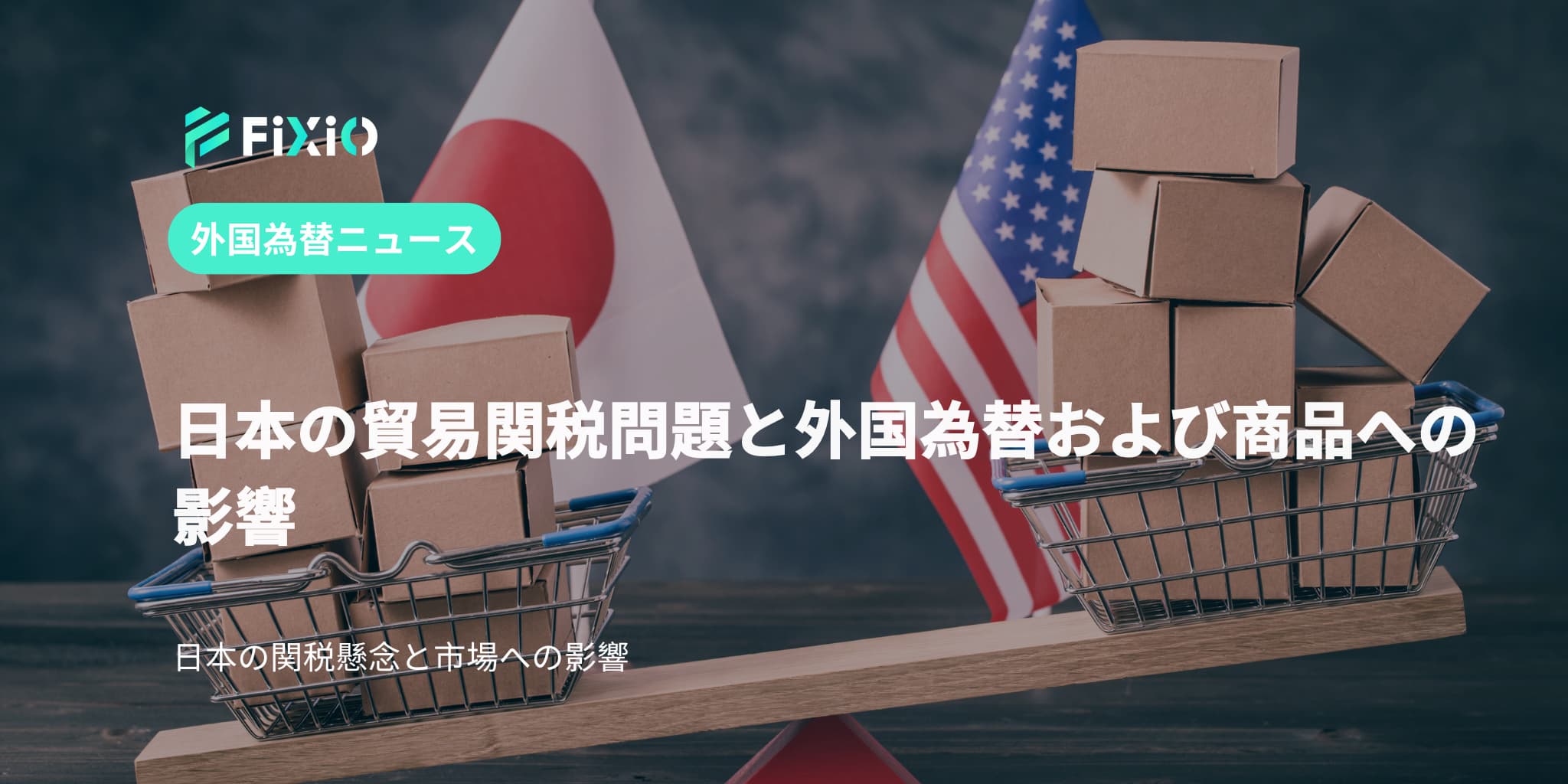
The recent discussions between Japan and the United States on trade tariffs have left many questions unanswered. Japan's trade minister, Yoji Muto, requested exemptions from U.S. tariffs but did not receive any guarantees. This uncertainty could impact global financial markets, particularly forex trading and commodities investments.
Japan is seeking relief from a 25% tariff on steel and aluminum imports imposed by the U.S. government. However, despite ongoing negotiations, no exemption has been granted. These tariffs could affect trade balances, impacting the Japanese yen (JPY) and influencing forex market trends.
The U.S. has acknowledged Japan’s economic contributions but has not confirmed any policy adjustments. This situation adds to market volatility, causing fluctuations in JPY trading pairs, particularly USD/JPY.
Market uncertainty often drives traders toward safe-haven currencies. If Japan fails to secure an exemption, the yen could see increased demand as investors seek stability. Conversely, if Japan negotiates favorable terms, the JPY might weaken, benefiting USD/JPY traders.
Additionally, trade policy uncertainty can impact investor sentiment. Traders must monitor updates closely, as tariff-related news could trigger sudden shifts in forex market trends.
Beyond steel and aluminum, trade discussions also involved Japan’s interest in U.S. liquefied natural gas (LNG). Japan is a significant LNG importer, and any new agreements could influence global energy markets.
A potential increase in Japan’s LNG purchases might drive up natural gas prices, creating opportunities for commodity traders. Investors should watch for new trade agreements that could impact supply-demand dynamics in the energy sector.
To adapt to these developments, forex and commodity traders should:
Stay ahead in forex and commodities trading by following the latest market updates on our website: Visit Fixio Markets.
Discover how Japan's trade tariff challenges impact forex trading and commodities investments. US policy: JPY & LNG impact.
Superior trade execution & trading conditions with the NDD method.

The online FX industry provides a platform for investors worldwide to engage in the buying and selling.

Subscribe to our daily newsletter and get the best forex trading information and markets status updates
Trade within minutes!
Comment (0)